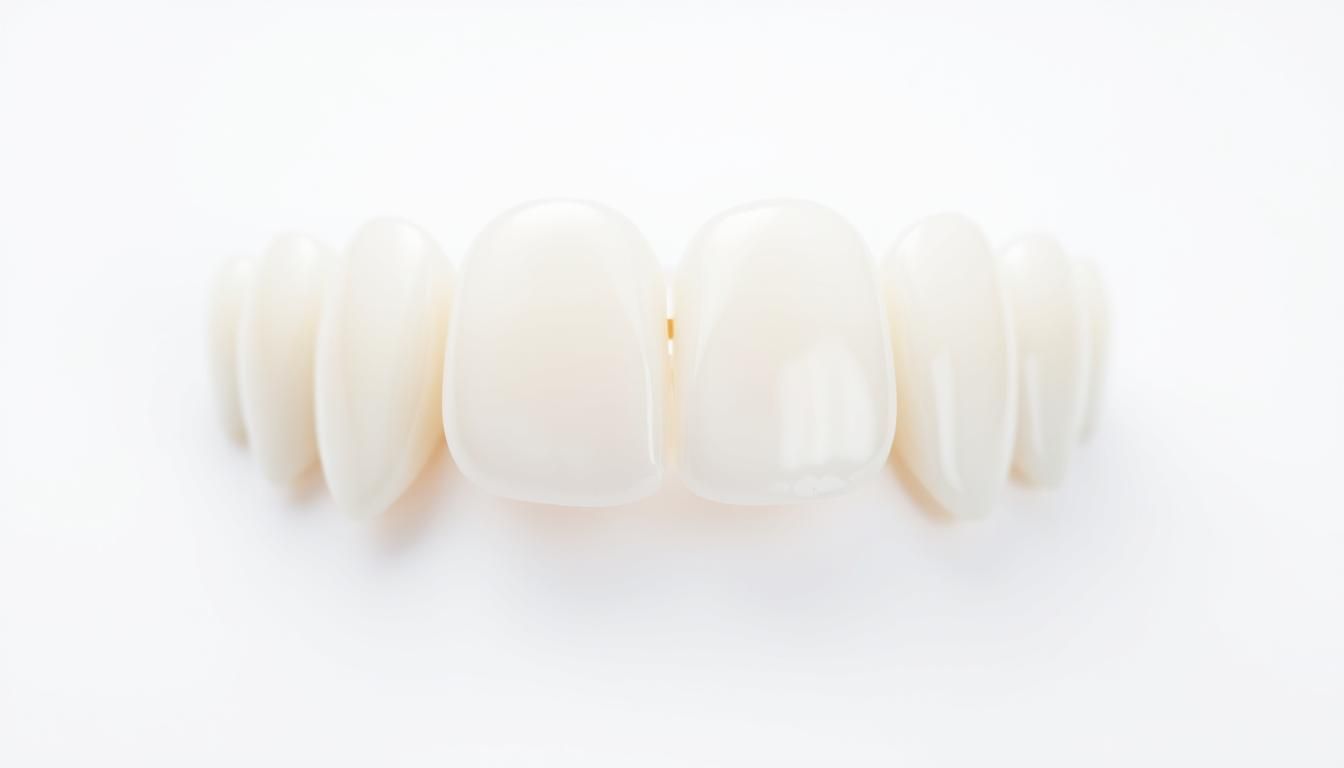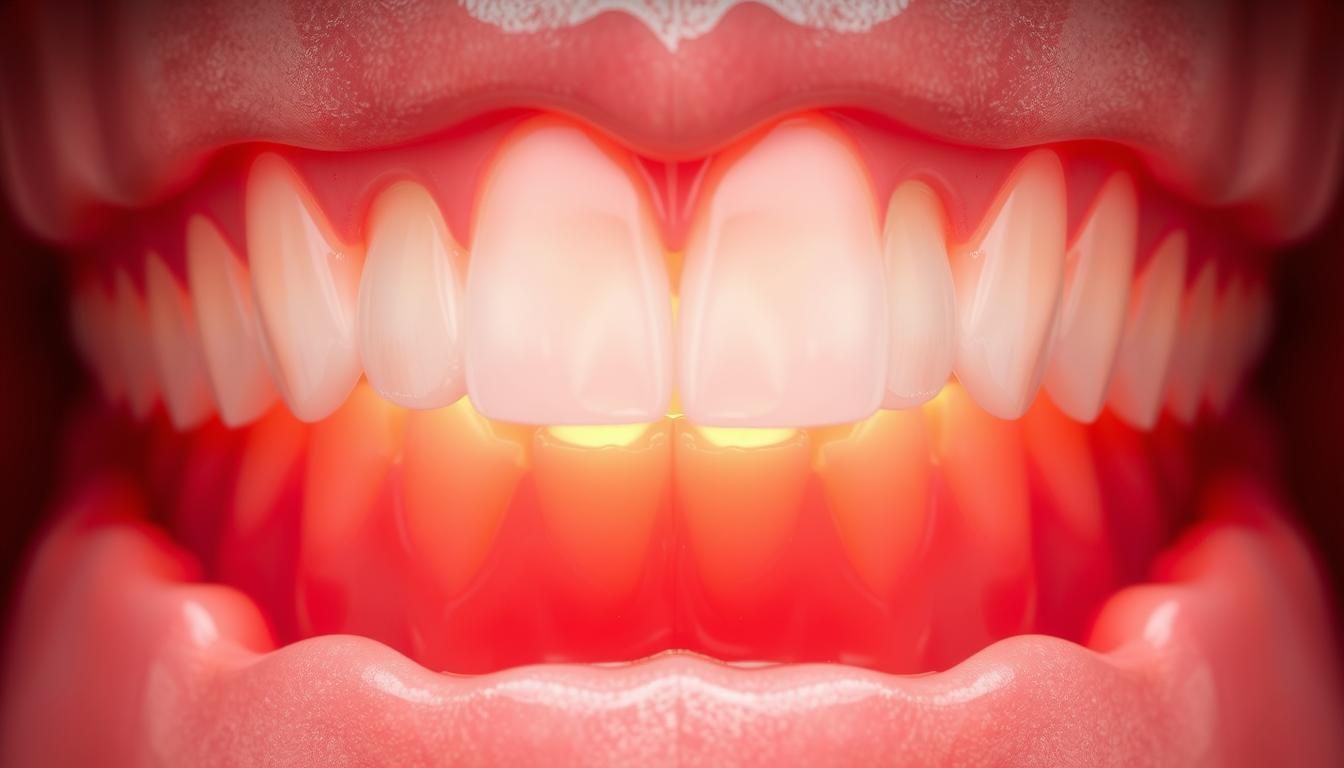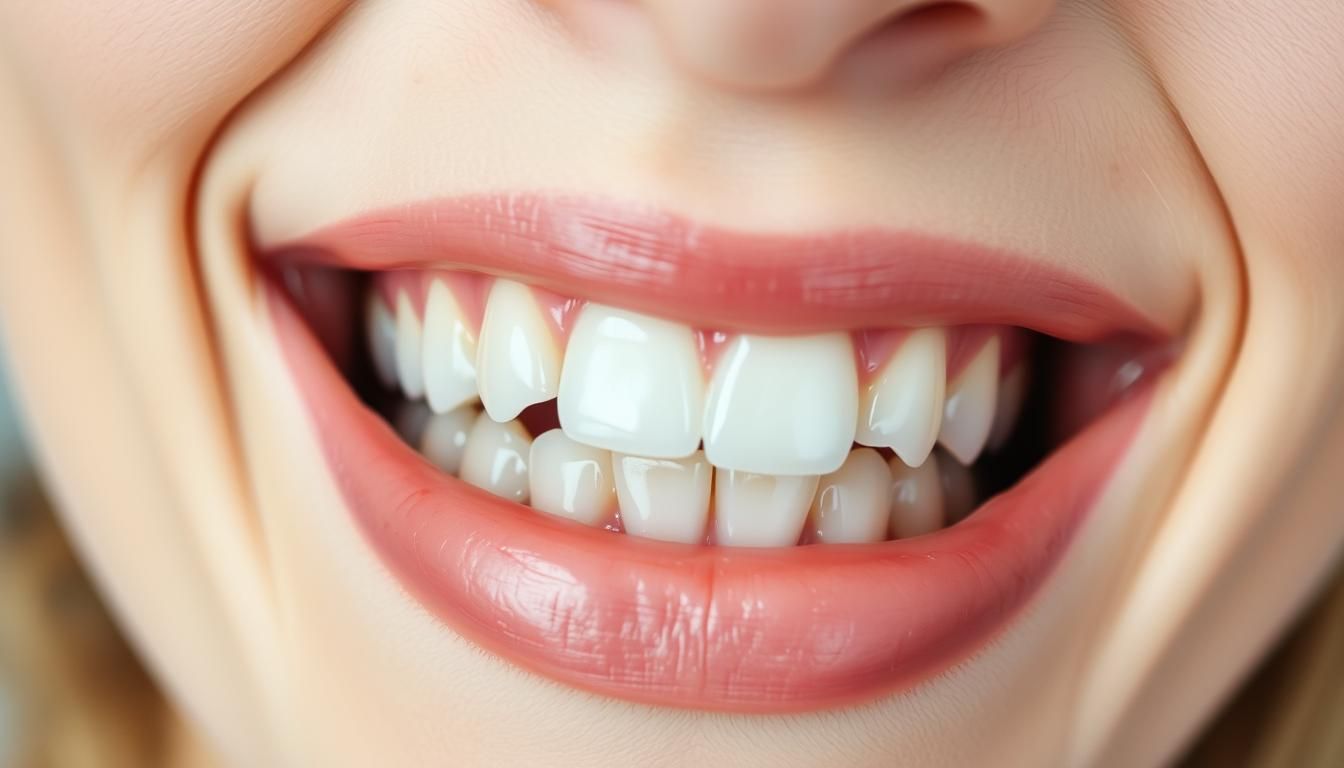New Paragraph
Do Veneers Prevent Cavities? Everything You Need To Know
Do Veneers Prevent Cavities? Everything You Need To Know

Key Takeaways
- Dental veneers enhance your smile while blending seamlessly with your natural teeth.
- Veneers can help in cavity prevention by covering and protecting the teeth underneath.
- They are typically crafted from porcelain and customized to fit perfectly.
- Veneers are mainly used for aesthetic improvements in cosmetic dentistry.
- They are not suitable for replacing missing or severely damaged teeth.
Can You Get Cavities With Veneers?
Veneers greatly improve your smile and offer many veneers benefits. But, they don't protect your teeth from cavities completely. The teeth under the veneers can get cavities.
Do Veneers Offer Any Protection Against Decay?
Veneers are made from strong materials like porcelain or composite. They don't decay. But, they don't protect the teeth they're attached to from cavities. Keeping your teeth clean is key to avoid cavities.
Can veneers get cavities?
Veneers can't get cavities because they're made from materials that don't decay. But, the teeth under or next to the veneers can get cavities. This is common at the edges where the veneer meets the tooth.
Can veneers decay?
Porcelain veneers don't decay. But, they need the tooth they're on to stay in place. If the tooth gets weak from bad oral care, the veneer might not stay put.
Can you get cavities with veneers?
Yes, you can get cavities even with veneers. Good oral care, like brushing and flossing, helps a lot. Also, seeing your dentist regularly is important for your dental health.
What Happens To Your Teeth Under the Veneers?
The veneers procedure starts with removing about 0.5mm of the tooth's enamel. This makes room for the dental veneers and ensures they fit well. After this, the veneers are attached to the teeth.
With the veneers on, the part of the tooth underneath is shielded from bacteria and plaque. But, it's key to keep up with good oral hygiene. Even though the teeth under veneers are less visible, the edges can decay if not cared for.

Brushing, flossing, and regular dental visits are essential. If you ignore these steps, cavities can form at the veneer edges. This might need more serious treatments like root canals or tooth removal.
With the right care, dental veneers can last up to 10 years or more. They offer a lasting and beautiful fix in cosmetic dentistry.
How to Avoid Cavities with Veneers
Veneers can make your smile look great, but they need care to last. Keeping your veneers and natural teeth healthy is key. Good oral hygiene, regular dental visits, and a healthy diet are essential.
Good Oral Hygiene
Good oral hygiene is vital for your teeth and veneers. Brushing twice a day and flossing daily helps. Rinsing with mouthwash also helps prevent cavities.
These habits are important because veneers only cover the front of your teeth. They don't protect the back or gums.

Regular Checkups
Regular dental checkups are important to catch problems early. Professional cleanings remove plaque and tartar. This is something you can't do at home.
Checkups also make sure your veneers and gums are healthy. This is important for your overall dental health.
A Healthy Diet
Eating a healthy diet is good for your teeth. Avoiding sugary and acidic foods helps prevent cavities. Foods rich in vitamins and minerals can also strengthen your teeth.
Remember, veneers don't decay, but the teeth under them can. So, it's important to take care of them.
For more tips on caring for your veneers and teeth, visit Northside Dental Co.
What If Cavities Develop Under Veneers?
If cavities form *under dental veneers*, it's important to act fast. This helps prevent more damage and keeps your *dental health* safe. Early signs of *tooth decay* under veneers can be hard to spot, so regular dental visits are key.
Dentists might have to remove the veneer to treat the decay. This lets them get to the problem area easily.
How to fix cavities under veneers depends on the decay's size. A small decay might just need a filling. But bigger problems could need a root canal or a new veneer after the decay is fixed.
It's critical to take care of cavities under veneers quickly. This helps keep your veneers looking good and lasting longer.
Talk to DC Implant & Cosmetic Dentistry About Dental Veneers
If you're thinking about dental veneers in Washington, D.C., DC Implant & Cosmetic Dentistry is a great place to start. They are located in Hastings Condominiums and offer expert advice and treatment. During a detailed consultation, you can see how veneers can change your smile and learn about keeping your teeth healthy.
At DC Implant & Cosmetic Dentistry, skilled cosmetic dentists work with you to find the right solution. They make sure you understand the process so you can make the best choice for your smile.
The clinic also offers great follow-up care. They help you keep your smile looking good for a long time. To find out more about dental veneers, contact DC Implant & Cosmetic Dentistry today.
FAQ
Can you get cavities with veneers?
Yes, you can get cavities with veneers. Veneers cover the front of your teeth but don't protect the edges. Keeping your teeth clean is key to avoiding cavities.
Do veneers offer any protection against decay?
Veneers do offer some protection. They cover your teeth, reducing exposure to harmful bacteria. But, they don't completely stop decay, mainly at the edges.
Can veneers get cavities?
Veneers can't get cavities because they're made from strong materials. But, the teeth under them and the edges can get cavities if you don't take care of them.
Can veneers decay?
No, veneers can't decay because they're not like your natural teeth. But, the teeth under them and the edges can decay if you don't brush and floss well.
Can you get cavities with veneers?
Yes, you can get cavities even with veneers. Keeping your teeth clean and visiting the dentist regularly is important to prevent cavities.
What happens to teeth under veneers?
When you get veneers, some of your tooth enamel is removed. This changes your tooth's shape. The part covered by the veneer is safe, but the edges and any exposed tooth can get cavities.
How to avoid cavities with veneers?
To avoid cavities with veneers, brush your teeth twice a day and floss every day. Also, visit your dentist for cleanings and check-ups. Eating a healthy diet with less sugar and acidic foods helps too.
What if cavities develop under veneers?
If cavities develop under veneers, they need quick treatment. This might mean removing the veneer to fix the decay. Depending on the decay, you might need a new veneer after treatment.
Why do dentists advise against veneers?
Dentists might not recommend veneers for people with gum disease, damaged teeth, or teeth grinders. The process is also permanent, which might not be right for everyone.
Can you go back to your normal teeth after veneers?
No, once you have veneers, you can't go back to your natural teeth. Some enamel is removed for the veneers, making the process permanent.



